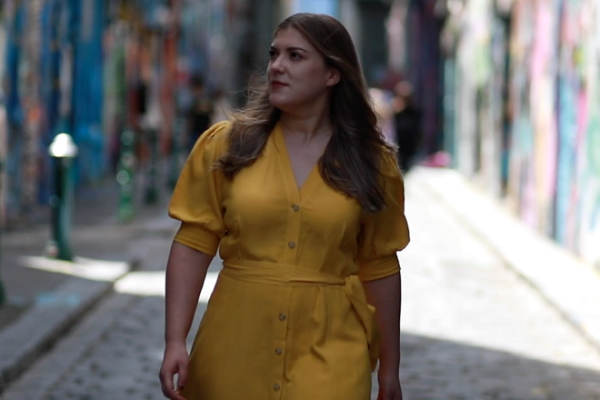
DANIEL Widdowson’s new film, “Trafficked to Australia”, posits – and it turns out he’s spot on – that most Australians have no idea that there is human trafficking, let alone slavery, in Australia.
In a function hosted earlier in the week, by Charles Sturt University’s Centre for Customs and Excise Studies and Salthouse Creative, members of the production team, interviewees and representatives of law-enforcement agencies involved gathered at the National Film and Sound Archive for a first-viewing of a film now to be promoted and disseminated far and wide.
As director Widdowson explained and the film demonstrated, information about this little-known subject needs to penetrate into the community.
The question of slavery has become a hot political issue in recent years but Widdowson’s approach is apolitical.
Rather, he chooses to show his animated interviewer, Breann Fallon, first talking to members of the general public who confirm his suspicion that people think it doesn’t happen here, and after that, the many impressive individuals and organisations working in the area are tracking down victims and supporting them.
Inevitably some of this is tragic. There’s the story of the 43-year-old Burmese woman abandoned in Thailand, exploited sexually and as labour for 12 years until she escaped was then re-trafficked to the same man.
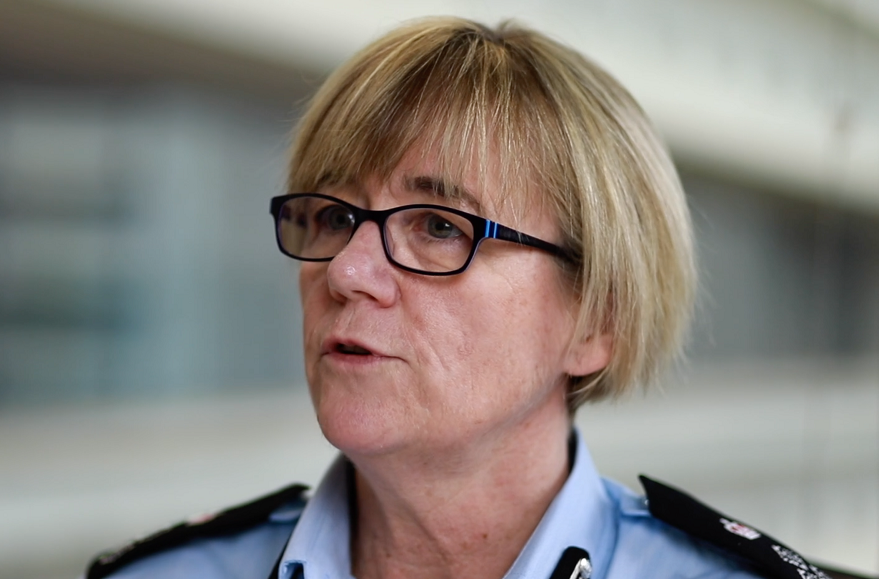
But mostly this is an optimistic film. There are members of the Australian Federal Police, such as Commander Danielle Wood, who are at the forefront.
There are simple answers to questions such as: “How can I recognise if somebody is being trafficked?” but the final question posed to everybody is pretty well: “What should we do?”
The simplest answer is to call the police, but the film also suggests other approaches.
It is full of positive stories, but some have a twist. There’s the girl from Tajikistan for instance who, during a conversation about exploitation of juvenile cotton-pickers, realises that she too was a slave when she was a little girl but that it was so commonplace she didn’t recognise it.
Widdowson and Fallon do not venture deeply into the question of the industries where exploitation is rife, although they allude to the agricultural sector and the fishing industry. I would like to have seen more about that.
But just as most people tend to think of trafficking in terms of white slavery, the film focuses on the sex industry. Some horrific examples are given, but also some encouraging examples of support services and the path back to normality.
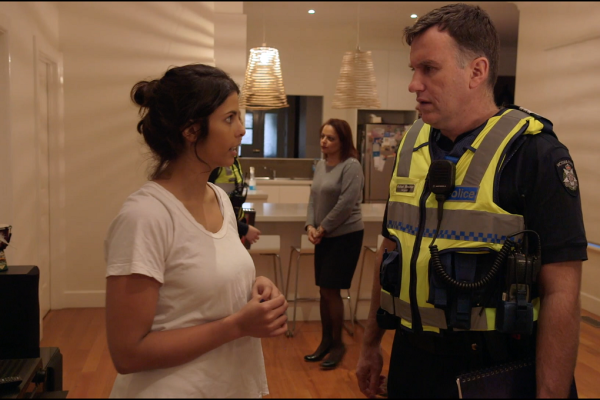
One fascinating police initiative is Victoria Police’s “Look a Little Deeper” campaign, which involves a much closer look at what happens inside licensed brothels. One nasty surprise surfaces there.
Canberra is by no means exempt from examination; in fact, it is one of the worst offenders because of the diplomatic missions. General readers will be familiar with stories of exploitation – the example given here is of a driver who he found he wasn’t really a driver but a slave.
The documentary also deals with “exit trafficking” – in other words, trafficking from Australia to outside.
A typical example was where a young girl was offered a trip back to a south-east Asian country by her family who found, when she got there, that she’d been promised to a 60-year-old man who confiscated her passport, her phone and her cards.
That had a happy ending, as the canny girl remembered that her school back in Australia had a course on this very subject, got on to social media, told her girlfriends, who in turn told the teacher, who knew exactly what to do. A win all around.
In the end, the documentary contends with the “it could never happen here” sense of complacency that can pervade an affluent society like ours.
More on ‘”Trafficked to Australia” at salthousecreative.com.au
Who can be trusted?
In a world of spin and confusion, there’s never been a more important time to support independent journalism in Canberra.
If you trust our work online and want to enforce the power of independent voices, I invite you to make a small contribution.
Every dollar of support is invested back into our journalism to help keep citynews.com.au strong and free.
Thank you,
Ian Meikle, editor
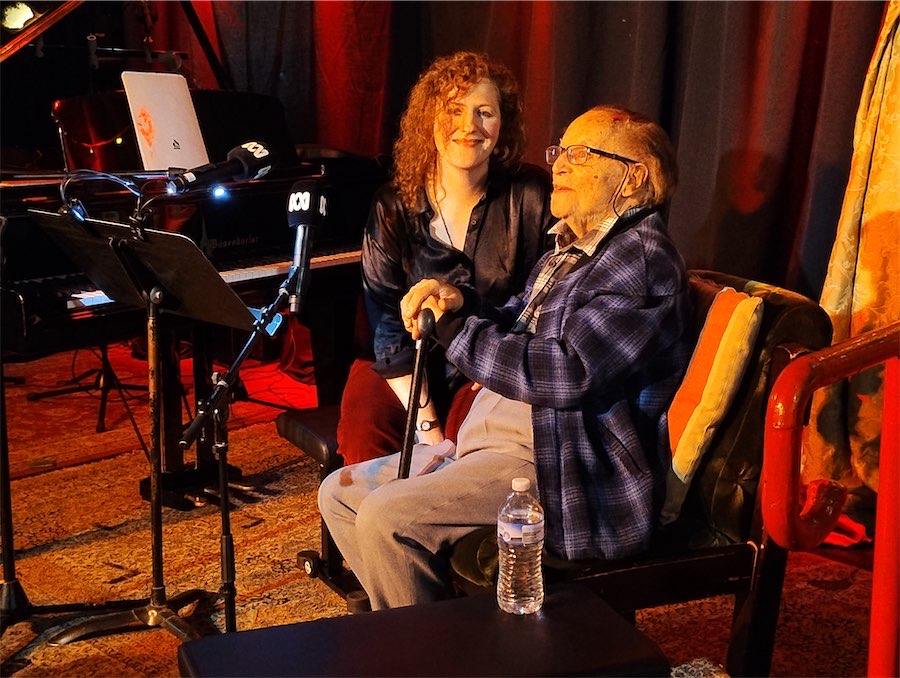
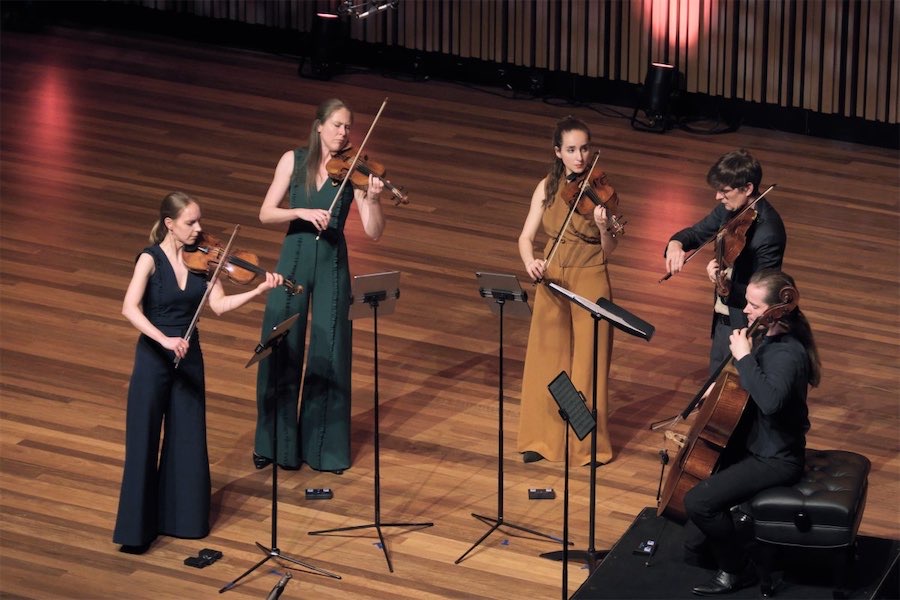
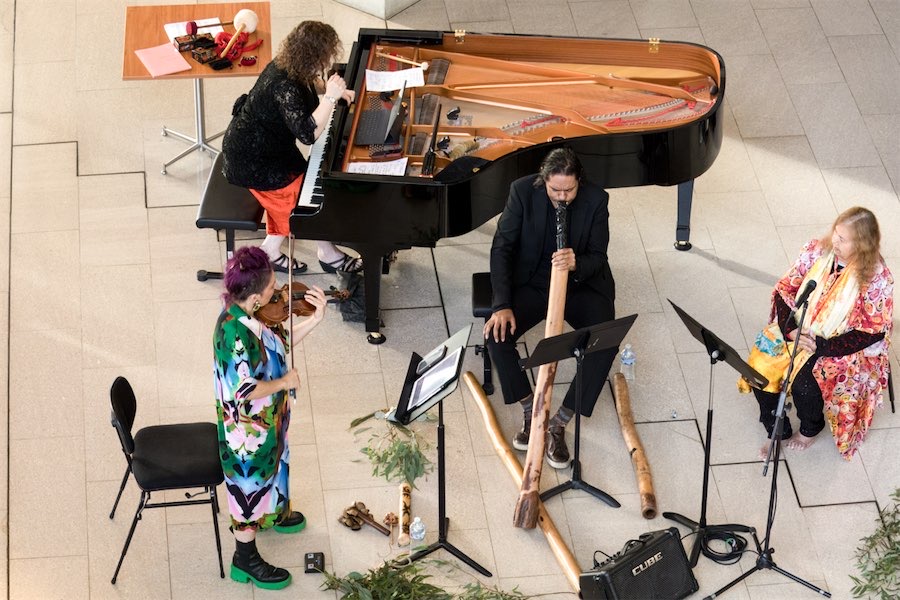

Leave a Reply